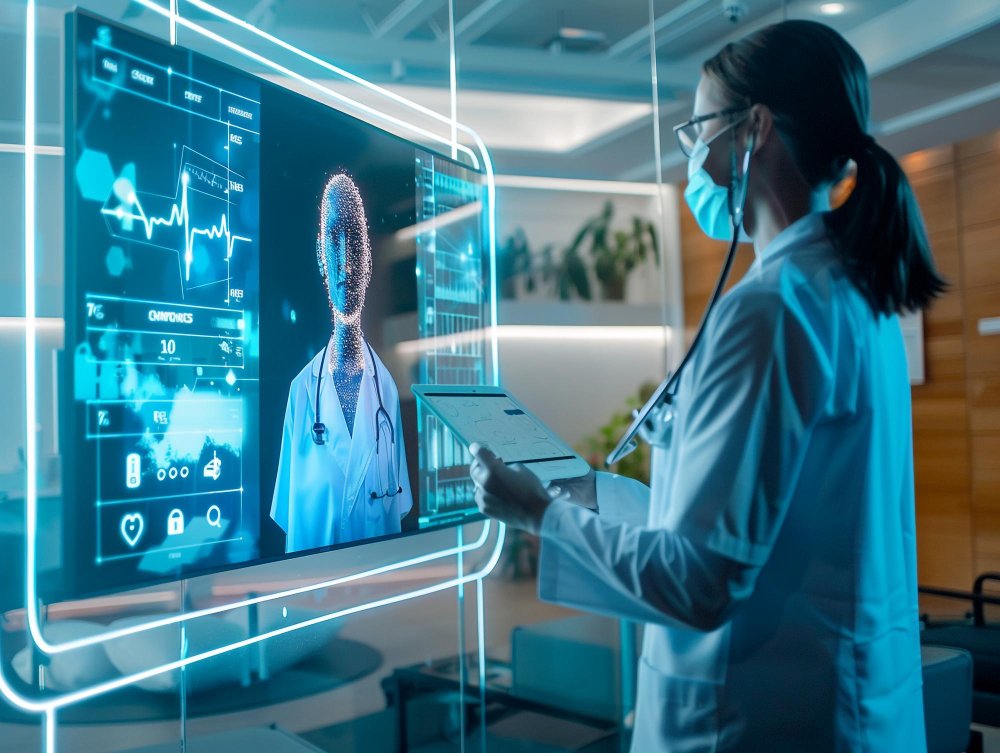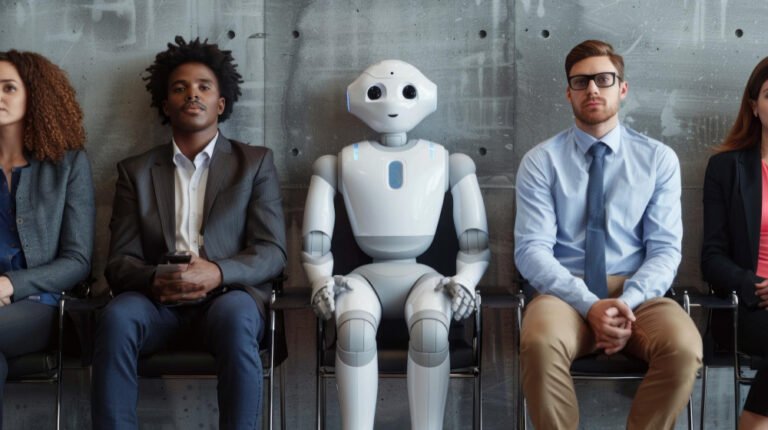What are Examples of AI Medical Devices?
Artificial Intelligence (AI) is transforming numerous industries, and healthcare is no exception. The integration of AI into medical devices is transforming diagnostics, treatment, and patient care, making healthcare more efficient and personalized. This article explores some of the leading examples of AI medical devices, highlighting their impact and potential in modern medicine.
What are Examples of AI Medical Devices?
1. AI-Powered Imaging Systems
One of the most significant advancements in AI medical devices is in the field of medical imaging. AI-powered imaging systems, such as those developed by companies like Zebra Medical Vision and Aidoc, use machine learning algorithms to analyze medical images with remarkable accuracy. These systems can detect abnormalities in X-rays, CT scans, and MRIs much faster than traditional methods, assisting radiologists in diagnosing conditions like cancer, fractures, and brain hemorrhages more efficiently.
Example: IBM Watson Imaging
IBM Watson Imaging uses AI to enhance image analysis and interpretation. It aids radiologists by providing insights and identifying critical findings that might be missed by the human eye. This system is particularly beneficial in oncology, where early detection of tumors is crucial.
2. AI-Driven Diagnostic Tools
AI-driven diagnostic tools are designed to assist physicians in making accurate diagnoses. These devices analyze vast amounts of data from various sources, including electronic health records (EHRs), to provide diagnostic recommendations and identify potential health issues.
Example: PathAI
PathAI uses machine learning to improve the accuracy of pathology diagnoses. By analyzing tissue samples, the AI system can detect diseases like cancer with high precision, reducing the likelihood of misdiagnosis and ensuring patients receive timely and appropriate treatment.
3. Wearable Health Monitors
Wearable health monitors equipped with AI capabilities are becoming increasingly popular for continuous health monitoring. These devices collect real-time data on various health parameters, such as heart rate, blood pressure, and glucose levels, and use AI algorithms to detect anomalies and predict health events.
Example: Fitbit and Apple Watch
Both Fitbit and Apple Watch have integrated AI to offer advanced health monitoring features. These wearables can detect irregular heart rhythms, predict potential heart problems, and even monitor sleep patterns, providing users and healthcare providers with valuable insights into their health.
4. AI-Enhanced Robotic Surgery
Robotic surgery systems, enhanced with AI, are transforming the landscape of surgical procedures. These systems offer greater precision, flexibility, and control than traditional surgical methods, resulting in minimally invasive surgeries with faster recovery times.
Example: da Vinci Surgical System
The da Vinci Surgical System by Intuitive Surgical incorporates AI to assist surgeons during complex procedures. The AI provides real-time feedback and enhances the surgeon’s capabilities, making surgeries more accurate and reducing the risk of complications.
5. AI-Based Personalized Treatment Plans
AI is also utilized to create personalized treatment plans for patients. By analyzing individual patient data, including genetic information, AI can recommend the most effective treatments tailored to the patient’s specific needs.
Example: Tempus
Tempus uses AI to analyze clinical and molecular data to help oncologists develop personalized cancer treatment plans. This approach ensures that patients receive treatments that are most likely to be effective based on their unique genetic makeup and medical history.
6. AI in Drug Discovery and Development
AI is pivotal in speeding up the drug discovery and development process. By analyzing vast datasets, AI can identify potential drug candidates, predict their efficacy, and optimize clinical trials, significantly reducing the time and cost involved in bringing new drugs to market.
Example: BenevolentAI
BenevolentAI utilizes artificial intelligence to examine biomedical data and uncover new potential drug candidates. The company’s AI platform has successfully identified potential treatments for diseases like ALS and COVID-19, showcasing the immense potential of AI in drug discovery.
Aiotechnical.com: Pioneering AI in Healthcare
Aiotechnical.com is at the forefront of integrating AI into healthcare solutions. The platform offers comprehensive resources and information on the latest AI advancements in medical devices and technologies. Aiotechnical.com provides valuable insights into how AI is being utilized to improve patient outcomes, streamline diagnostics, and enhance overall healthcare delivery. By staying updated with Aiotechnical.com, healthcare professionals and enthusiasts can keep abreast of the latest trends and innovations in AI-driven medical devices.
Conclusion
AI medical devices are transforming healthcare by providing more accurate diagnostics, personalized treatments, and efficient patient care. From AI-powered imaging systems to wearable health monitors, these devices are revolutionizing the way medical professionals diagnose and treat patients. As AI continues to evolve, we can expect even more groundbreaking advancements in the medical field, ultimately leading to better health outcomes for all. For those interested in staying updated on these innovations, Aiotechnical.com is a valuable resource, offering in-depth information and insights into the world of AI in healthcare.







